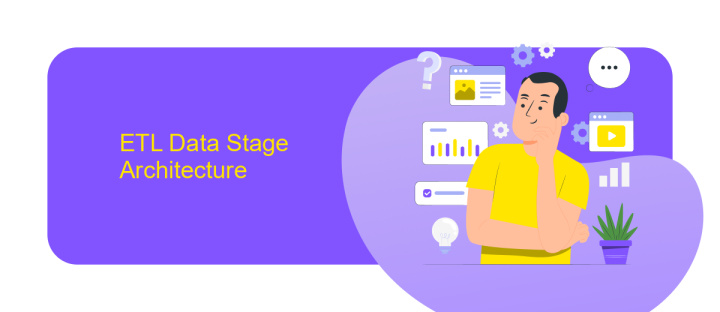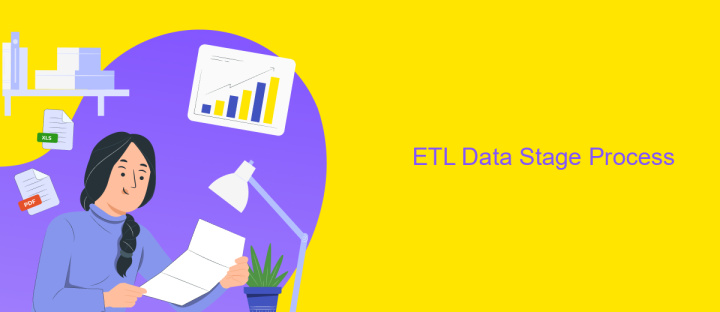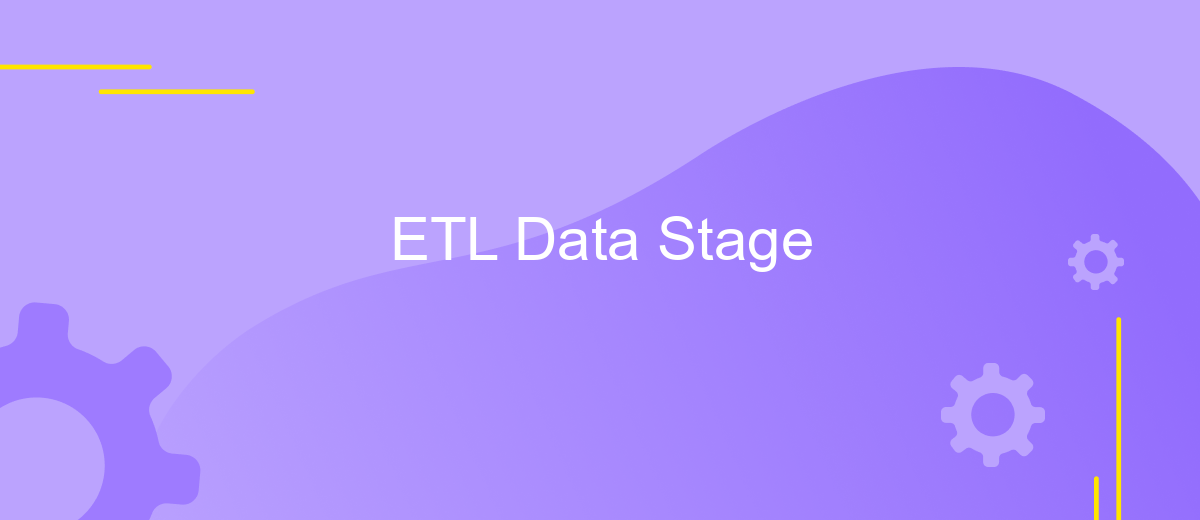ETL Data Stage
ETL Data Stage is a powerful data integration tool designed to simplify the extraction, transformation, and loading (ETL) processes. It enables organizations to efficiently manage and optimize their data workflows, ensuring seamless data migration and integration across diverse systems. With its robust features and user-friendly interface, ETL Data Stage is essential for businesses aiming to harness the full potential of their data assets.
Introduction to ETL Data Stage
ETL Data Stage is a powerful tool used for extracting, transforming, and loading data from various sources into a target database or data warehouse. It provides a comprehensive platform for data integration, enabling businesses to streamline their data workflows and ensure data accuracy and consistency.
- Extraction: Collecting data from different sources such as databases, flat files, and APIs.
- Transformation: Converting the extracted data into a suitable format or structure for analysis.
- Loading: Inserting the transformed data into the target system, such as a database or data warehouse.
One of the key aspects of successful ETL implementation is the ability to integrate various data sources seamlessly. Tools like ApiX-Drive can significantly simplify this process by providing a user-friendly interface for setting up and managing integrations. ApiX-Drive supports a wide range of data sources and destinations, making it an ideal choice for businesses looking to automate their data workflows and improve efficiency.
ETL Data Stage Architecture

The architecture of ETL Data Stage is designed to efficiently handle the extraction, transformation, and loading of data from various sources to target destinations. This architecture comprises several key components, including the Data Stage Designer, Director, and Administrator. The Designer allows for the creation and management of ETL jobs, leveraging a graphical interface to simplify complex data workflows. The Director monitors and schedules these jobs, ensuring they run smoothly and efficiently. Meanwhile, the Administrator handles the configuration and maintenance of the Data Stage environment, ensuring optimal performance and security.
To enhance the integration capabilities within the ETL Data Stage architecture, services like ApiX-Drive can be utilized. ApiX-Drive provides seamless integration with various applications and data sources, automating data flows and reducing manual intervention. By leveraging ApiX-Drive, organizations can streamline their ETL processes, ensuring data consistency and accuracy across multiple platforms. This integration capability is crucial for maintaining robust data pipelines and achieving real-time data synchronization, ultimately supporting better decision-making and operational efficiency.
ETL Data Stage Components

ETL Data Stage is a powerful tool designed to streamline the process of extracting, transforming, and loading data. It comprises several essential components that work together to ensure efficient data integration and processing.
- Data Extractor: This component is responsible for extracting data from various sources, such as databases, flat files, and web services.
- Data Transformer: Once the data is extracted, the transformer cleans, formats, and modifies it to meet the target system's requirements.
- Data Loader: The final component loads the transformed data into the target database or data warehouse for further analysis and reporting.
- Job Sequencer: This component manages the workflow of ETL jobs, ensuring that tasks are executed in the correct order.
- Monitoring and Logging: Essential for tracking the performance and status of ETL processes, this component helps in identifying and resolving issues promptly.
Additionally, services like ApiX-Drive can be integrated to automate the data extraction process, connecting various applications and data sources seamlessly. This enhances the overall efficiency and reliability of the ETL Data Stage components.
ETL Data Stage Process

The ETL Data Stage process is a critical component in the data management lifecycle. It involves extracting data from various sources, transforming it into a suitable format, and loading it into a target database or data warehouse. This process ensures that data is clean, consistent, and ready for analysis.
During the extraction phase, data is collected from multiple sources, such as databases, APIs, and flat files. The transformation phase involves cleaning, normalizing, and enriching the data to meet the requirements of the target system. Finally, the loading phase transfers the transformed data to the target destination, ensuring it is available for business intelligence and analytics.
- Extraction: Collect data from various sources.
- Transformation: Clean, normalize, and enrich the data.
- Loading: Transfer data to the target system.
To streamline the ETL process, tools like ApiX-Drive can be used to automate data integration. ApiX-Drive provides a user-friendly interface and supports various data sources, making it easier to configure and manage data workflows. This ensures efficient and reliable data processing, ultimately enhancing data quality and accessibility.


Benefits and Challenges of ETL Data Stage
ETL Data Stage offers numerous benefits, including efficient data integration, transformation, and loading processes. It allows organizations to consolidate data from various sources, ensuring consistency and accuracy. The platform supports complex data transformations, enabling the creation of meaningful insights. Additionally, ETL Data Stage is scalable, accommodating growing data volumes and evolving business needs. Its user-friendly interface and robust features, such as job scheduling and monitoring, enhance productivity and streamline data management tasks.
However, there are challenges associated with ETL Data Stage. Initial setup and configuration can be time-consuming and require specialized expertise. Managing and maintaining the ETL processes may also demand continuous effort, especially when dealing with large datasets. Furthermore, integrating with various APIs and third-party services can be complex. Tools like ApiX-Drive can simplify this process by providing seamless integration capabilities, reducing the complexity and time required to connect different data sources. Despite these challenges, the advantages of ETL Data Stage often outweigh the drawbacks, making it a valuable tool for data-driven organizations.
FAQ
What is ETL in DataStage?
How can I automate ETL processes in DataStage?
What types of data sources can DataStage connect to?
How do I handle error logging and monitoring in DataStage?
Can I integrate DataStage with other tools and platforms?
Apix-Drive is a universal tool that will quickly streamline any workflow, freeing you from routine and possible financial losses. Try ApiX-Drive in action and see how useful it is for you personally. In the meantime, when you are setting up connections between systems, think about where you are investing your free time, because now you will have much more of it.

